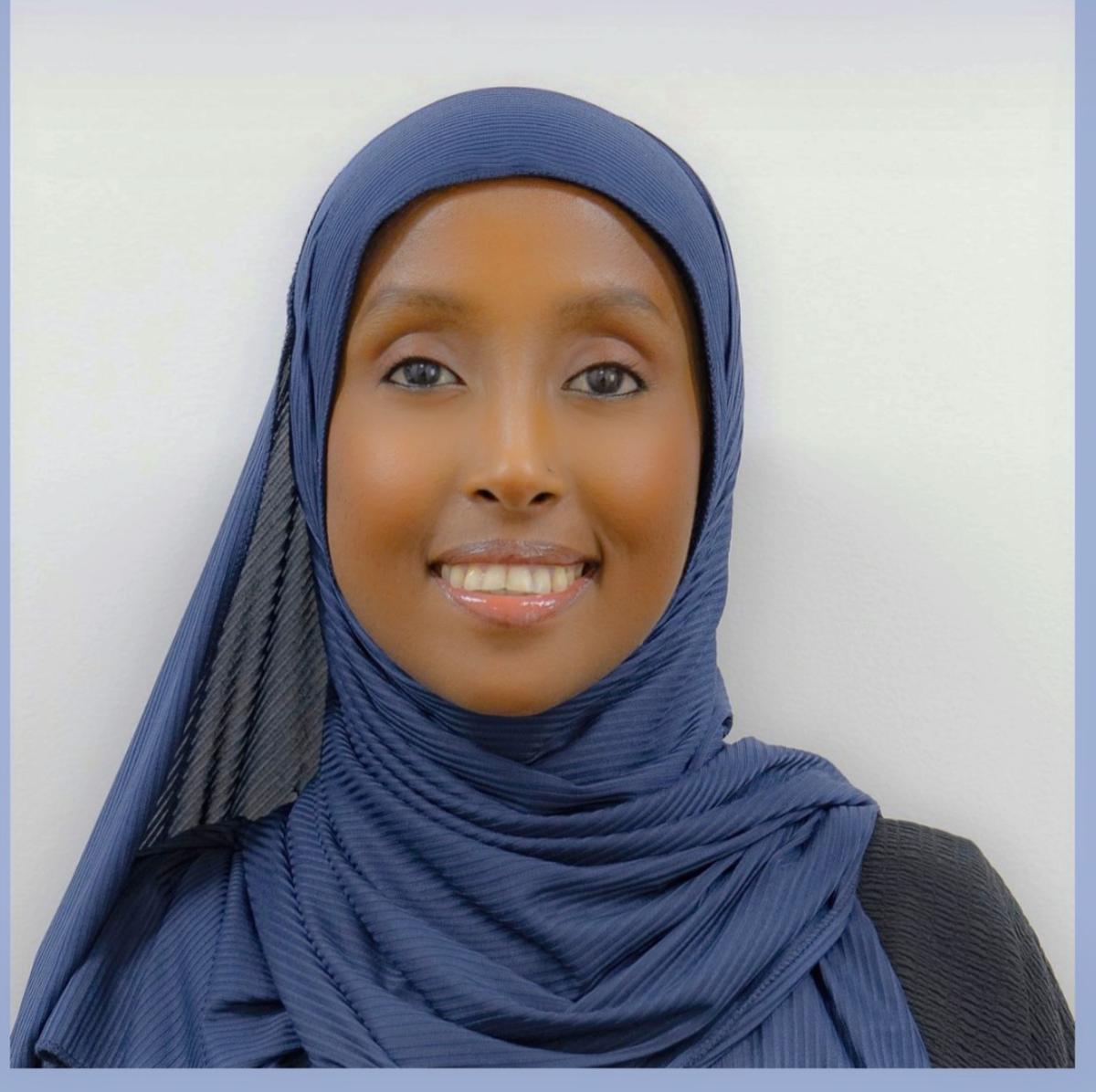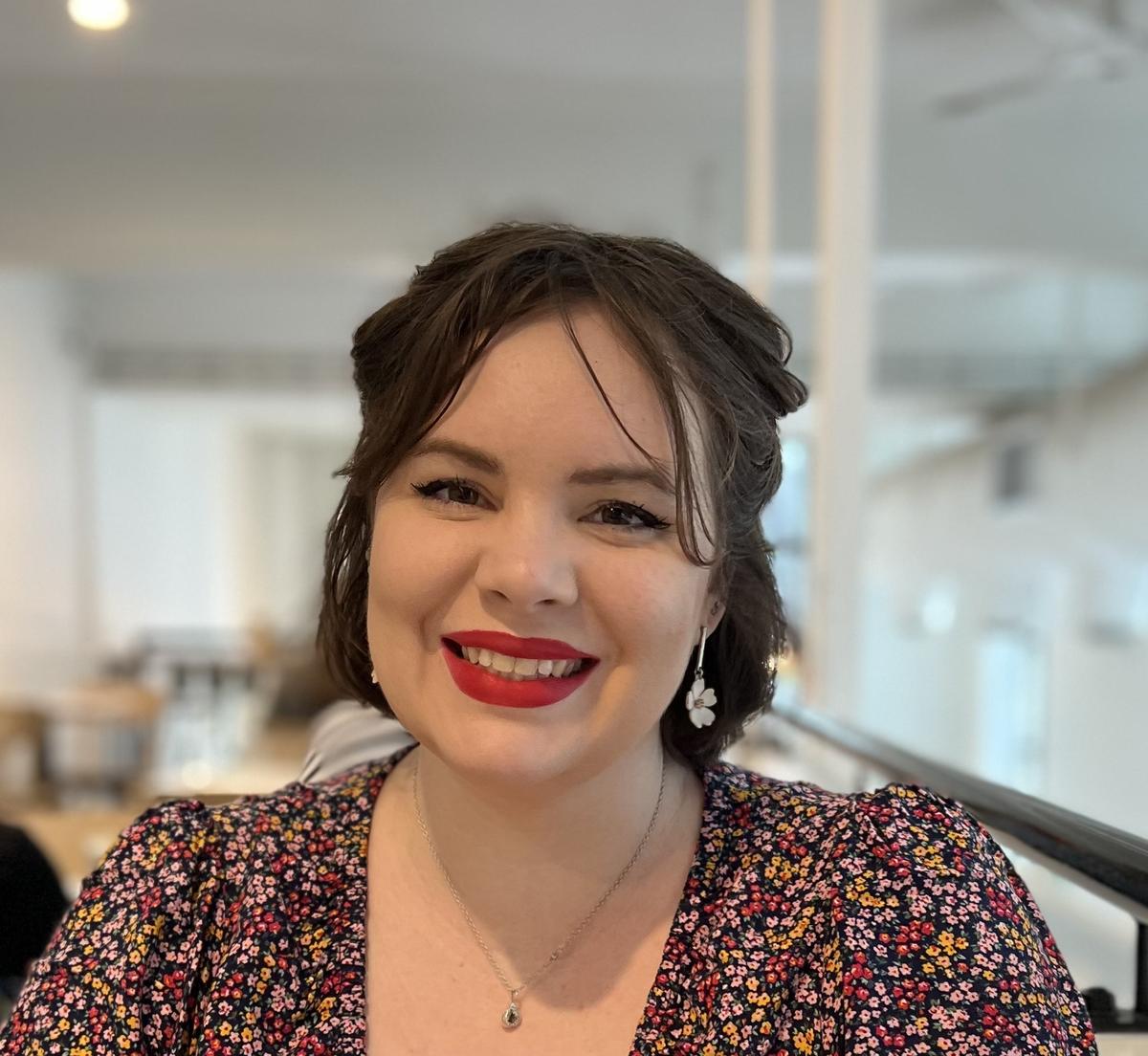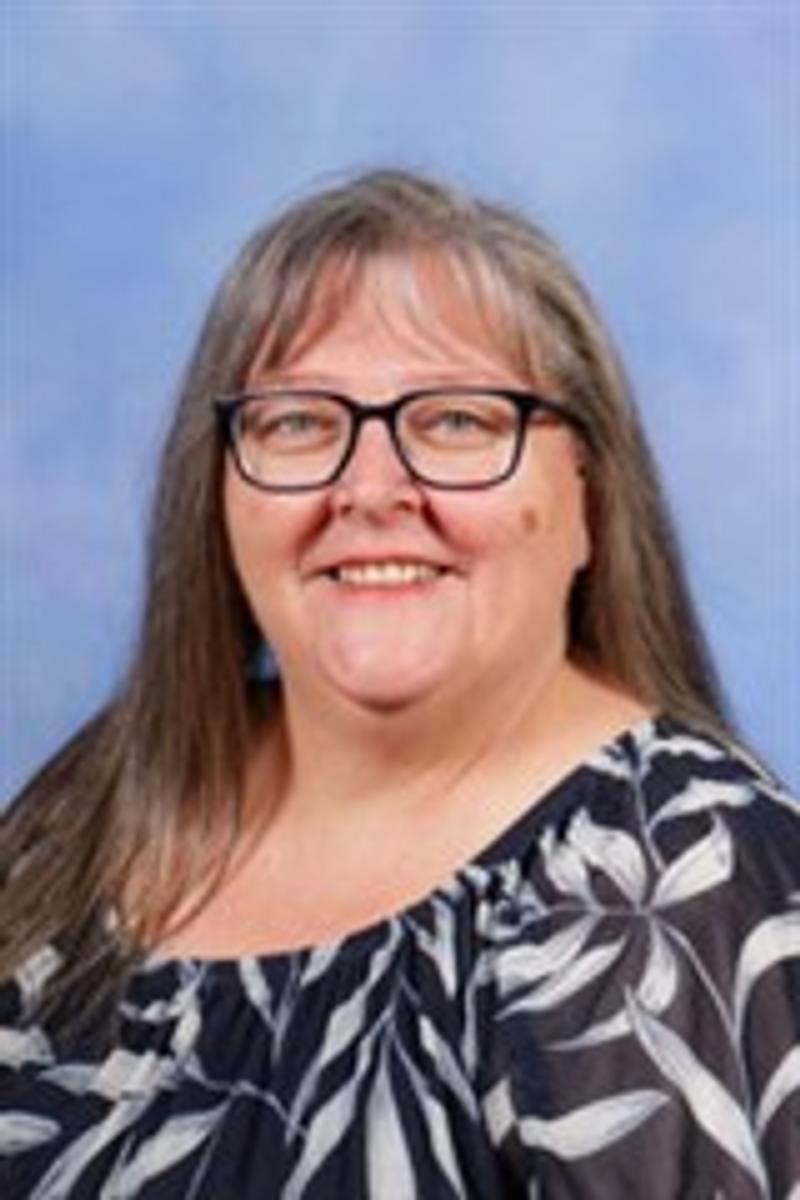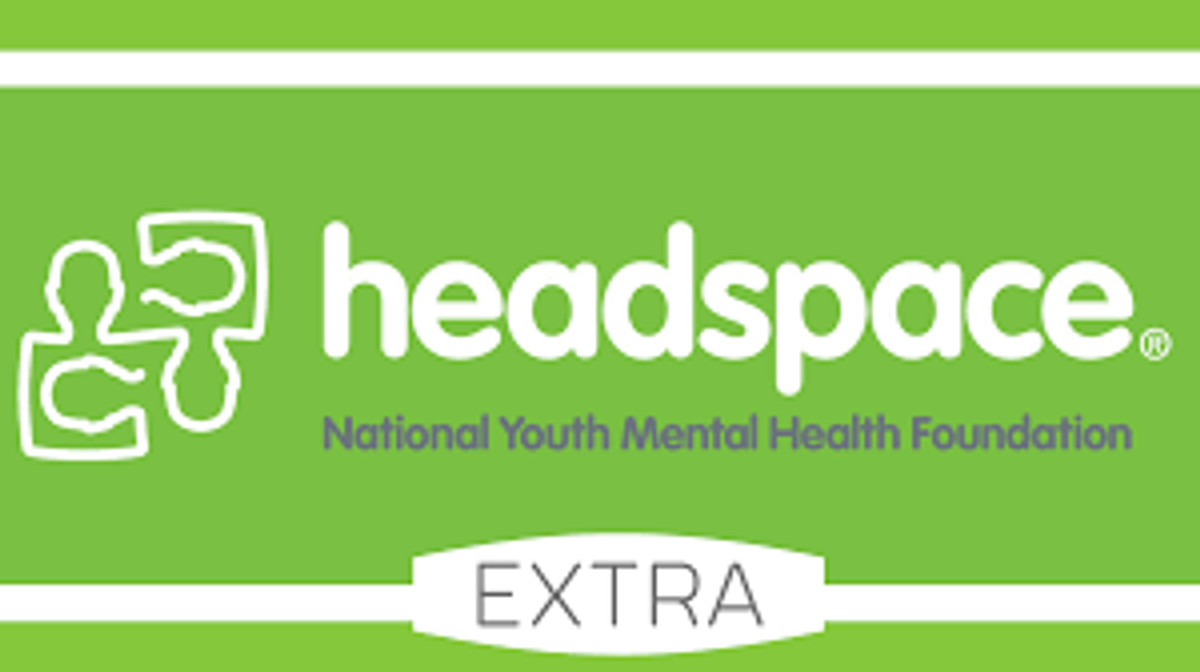Wellbeing Matters
Creating Futures Together

Wellbeing Matters
Creating Futures Together


Celine Tsang-Student Wellbeing Leader/Counsellor
Celine.Tsang@education.vic.gov.au


Fosia Mohamud-Mental Health Practitioner
Fosia.Mohamud@education.vic.gov.au


Madeline Mitchell- Art Therapist/Counsellor
Madeleine.Mitchell2@education.vic.gov.au


Annette Paterson- PSD Coordinator (Program for Students with Disabilities)
Annette.Paterson@education.vic.gov.au
Our goal is to provide a safe and supportive space where students wellbeing and mental health are our top priorities. We encourage both parents and students to reach out early if there are any concerns so that we can offer timely interventions. Please be assured that counselling sessions are strictly confidential unless safety risks are identified. Parents can contact our Learning and Wellbeing Leaders to discuss concerns and initiate referrals.
For students, your first point of contact is your teachers and the relevant Learning and Wellbeing Leaders. Students can also self-refer for wellbeing support using our student referral form Click Here. The referral forms are also accessible through the wellbeing office, which is open to all students. A member of the wellbeing staff will get in touch with you as soon as possible to schedule a session.


Sleep is important for physical and mental health. All body functions involved in either physical or mental health do not function well without sleep. Sleep is important for the body to rest and repair. Sleep happens in two stages, non-Rapid Eye Movement (non-REM) sleep and REM sleep. Non-REM sleep occurs in four stages and is vital to get the body systems rested, this process is called homeostasis. A growth hormone is also produced during non-REM sleep, which causes children to grow and develop. REM sleep allows us to dream and studies have shown that dreaming allows us to learn. People who don’t dream or get REM sleep will not learn as efficiently.
Effects of sleep deprivation can lead to the following:
How much sleep do young people need for optimum physical and mental health?
Current research shows that teenagers need about nine hours per night. Most teenagers get between 7–8 hours, which means they are in ‘sleep debt’.


The prefrontal cortex is a crucial area of the brain responsible for essential functions that impact learning. This part of the brain requires ample sleep to operate effectively. When the prefrontal cortex is deprived of sleep, individuals may struggle with:
These negative effects are cumulative. Instead of experiencing just one consequence, a sleep-deprived individual may face a variety of challenges, which can significantly hinder their educational progress and overall well-being. When learning becomes difficult due to lack of sleep, young people may feel frustrated and demotivated, leading to a decline in their academic performance and engagement.


Parents play an important role in ensuring their children get enough sleep to support healthy brain function and school performance. Here are some strategies parents can use:
By implementing these strategies, parents can help their children develop healthy sleep habits that support their cognitive functions, regulations and overall well-being. Consistent, quality sleep is a cornerstone of academic success and emotional well-being.


Address: 265-267 Blackburn Rd, Mount Waverley VIC 3149
Hours: 8:30am-5pm Weekdays
Phone: (03) 8552 0800
Headspace: 24/7 phone counselling service for 12 to 25-year old’s.
P: 1800 650 890 www.headspace.org.au
E-Headspace: 24/7 online counselling service for 12 to 25-year old’s.
www.eheadspace.org.au
Beyondblue: 24-hour Phone and online counselling for mental health.
P: 1300 22 46 36 www.beyondblue.org.au
Beyondblue also have a series of podcasts on various topics.
https://www.beyondblue.org.au/get-support/not-alone
Lifeline: 24-hour phone crisis support and suicide prevention services.
P: 131 114 www.lifeline.org.au/get-help/online-services/crisis-chat
Kids Help Line: 24/7 free phone and online counselling for 13 to 25-year old’s.
P: 1800 55 1800 www.kidshelpline.com.au
Fosia Mohamud
On behalf of the Wellbeing Team